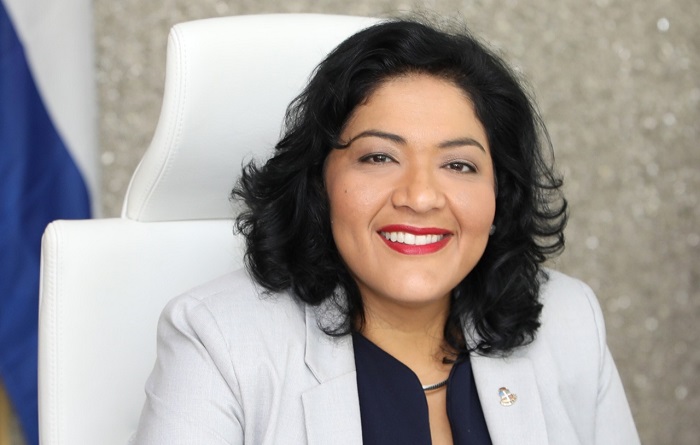Oranjestad – Finance Minister Ruiz-Maduro informs that every two years the IMF evaluates the financial and economic situation of Aruba in an Article IV Mission. In March 2019, the IMF visited Aruba and held discussions with various stakeholders: the public and private sector, the NGOs, the government and the opposition.
As a result of this visit, the IMF has prepared a report which has been published on Wednesday, June 5th. From this report, it can be concluded that the IMF is positive about the economic and financial developments in Aruba. Minister Ruiz-Maduro remarks that compared to the final declaration of two years ago, when "growth was weak", the current outlook for 2019 is: "the outlook is generally positive".
A general positive economic outlook
Aruba’s economy is recovering. For 2019, the IMF expects a real economic growth of 0.7%. This corresponds to 2.4% nominal economic growth. In order to pursue a sound and sustainable financial policy, the Financial Economic Memorandum of Land Aruba for the coming years takes into account a nominal growth of 1%. The IMF states in its report that it is confident that our economy will grow stronger than the conservative assumption of the government.
For the coming years, the IMF anticipates that the economy will continue to grow and expects real economic growth of 1.1% corresponding to 3% nominal growth. This is again higher than the conservative assumption of the Government (1%) in the multi-year budget planning. The fiscal consolidation plan is essential to reverse the debt. This will have some negative impact on economic growth, but it will be mitigated by the continued strong growth of US tourism and the implementation of several major investment projects (including the airport, utilities, hospital and hotels) in 2019-2021. In the medium term, real tourism exports are expected to increase steadily by around 1.2 percent, and, along with contributions from domestic demand, growth is expected to rise to 1.1 percent.
The risks for the near future are limited. Aruba is susceptible to a possible decline in the American economy. The risks of the Venezuela crisis have so far been limited, since Aruba has managed to absorb the impact of the crisis by diversifying both suppliers and tourist markets. The planned fiscal consolidation can tackle major downside risks in the medium term.
Sustainable government finances
In 2019, the Wever-Croes government embarked on a long-term effort to reform the tax system and curtail the wage bill. The IMF team supports the fiscal consolidation efforts of the authorities. The adjustment must include a combination of tax reforms and expenditure rationalization.







